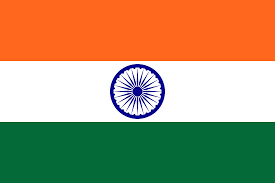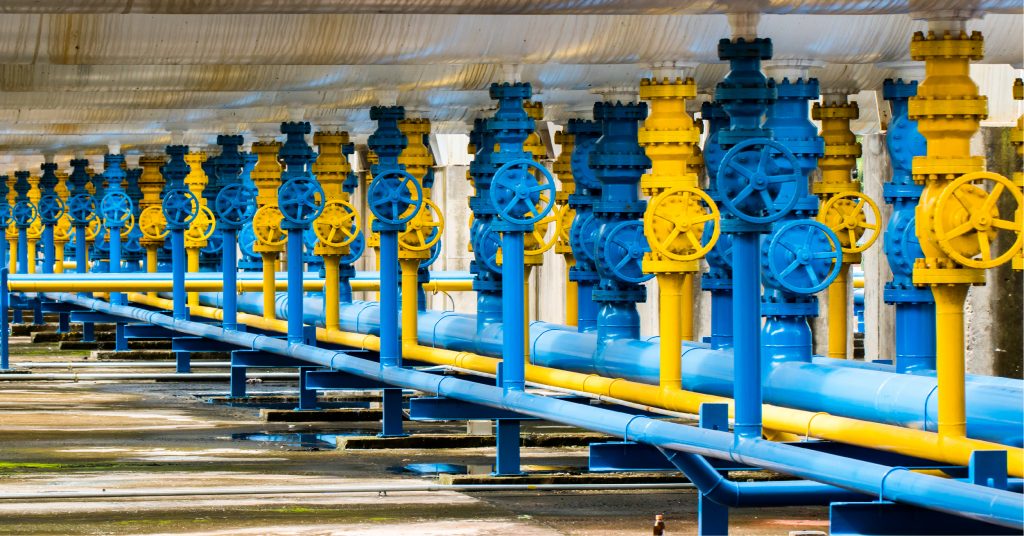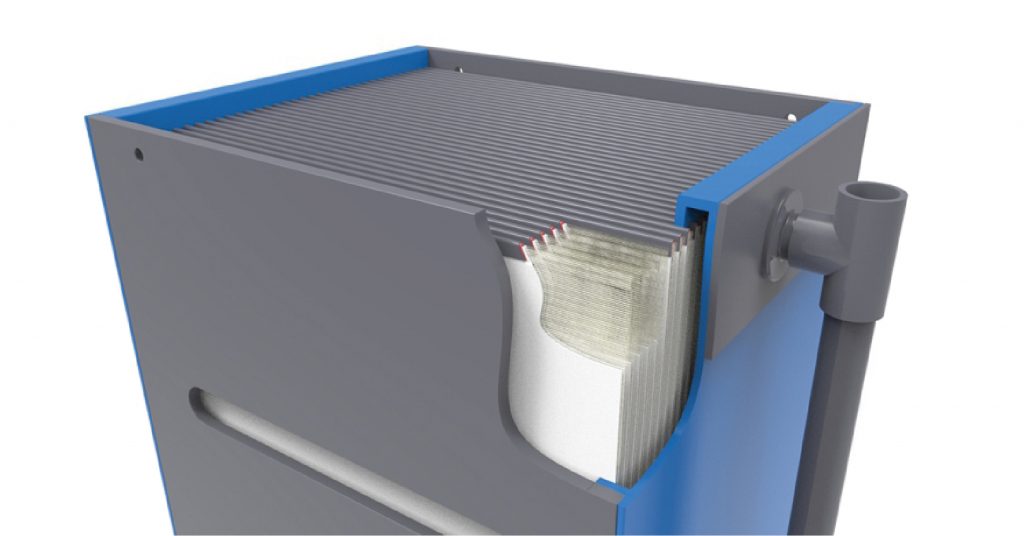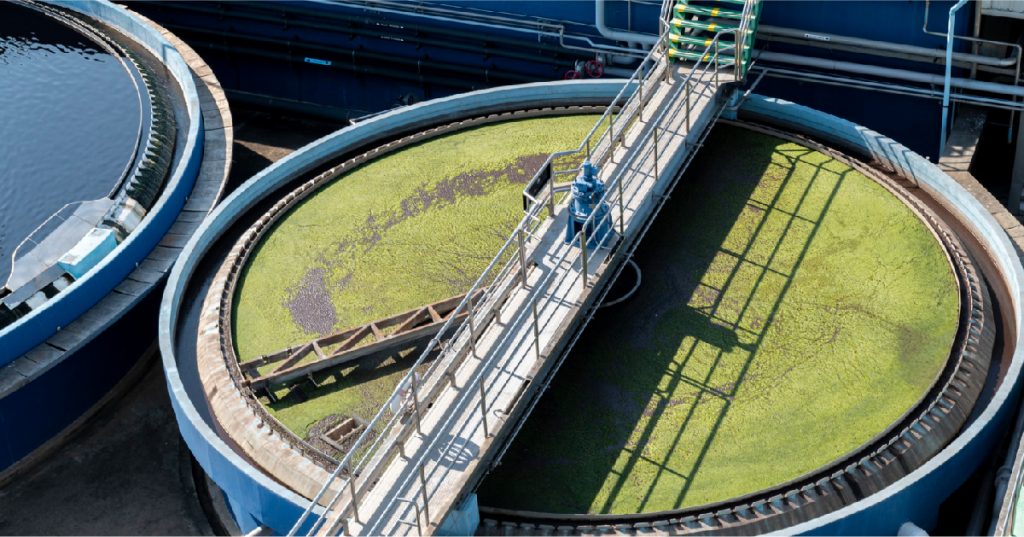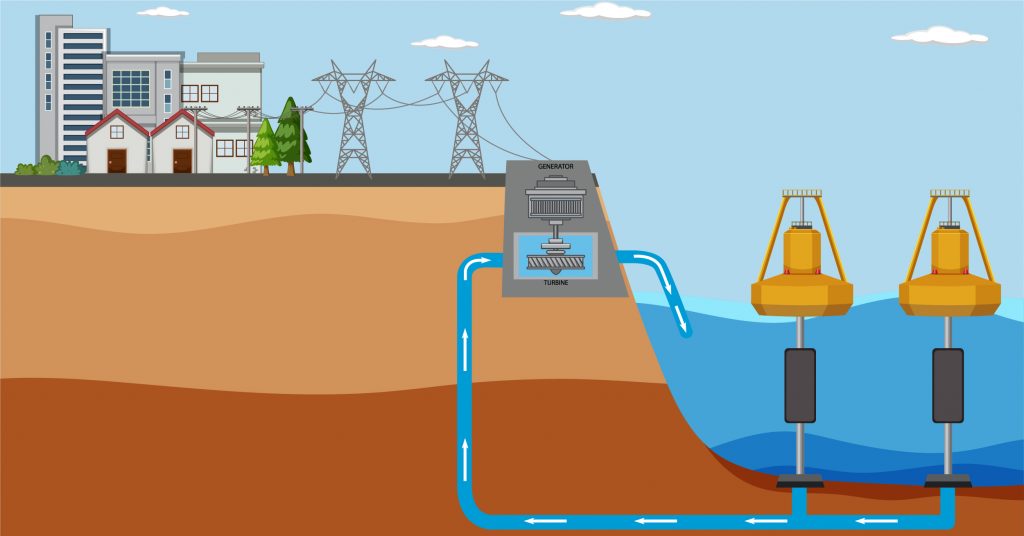With growing concerns about water contamination and the increasing demand for purified water, many people turn to distilled water as a potential solution. But is distilled water safe to drink, especially in the context of India’s unique water quality challenges? Distilled water is a type of purified water produced through a process of distillation, which removes impurities and contaminants. In this blog, we will explore how distilled water is made, whether it’s safe for long-term consumption, and its role in India’s water safety scenario.
Table of Contents
ToggleWhat is Distilled Water and How is It Made?
Distilled water is created by boiling water to produce steam, and then condensing the steam back into liquid form. This process effectively removes impurities, such as bacteria, viruses, heavy metals, and even some chemicals. The result is extremely pure water. But is distilled water safe to drink compared to regular tap or bottled water? While distilled water is free of most contaminants, it also lacks essential minerals, such as calcium and magnesium, which are normally present in regular water sources.
The relevance of distilled water is growing in India, where water contamination issues are prevalent. Many households are opting for distilled water to avoid the risks associated with unclean tap water. But this raises the question: Is it safe to drink purified water regularly?
Is Distilled Water Safe to Drink?
To answer the question, we need to understand how the purification process works. Distillation removes impurities, but it also strips the water of beneficial minerals. This can lead to concerns about the long-term health effects of drinking distilled water, which may lack the nutrients found in regular water sources.
One of the main safety concerns about distilled water is its purity. Some people argue that drinking water that is “too pure” can cause the body to lose minerals, leading to deficiencies. Is it safe to drink distilled water if it’s devoid of these essential minerals? While occasional consumption may not be harmful, relying exclusively on distilled water for hydration could pose risks.
Let’s explore the potential long-term health implications of drinking only distilled water.
- Nutrient Considerations
While distilled water may be free of contaminants, it also lacks beneficial minerals like calcium and magnesium. These minerals are important for maintaining bone health, proper nerve function, and electrolyte balance. The absence of these essential minerals can have potential health impacts. Long-term consumption of distilled water may lead to conditions such as electrolyte imbalances, muscle cramps, and even bone-related issues due to calcium deficiency.
- Who Should Be Cautious?
Certain groups of people should be particularly cautious about drinking distilled water. Those with specific health conditions, such as kidney disease or electrolyte imbalances, should consult with a healthcare professional before consuming distilled water regularly. In many cases, it’s better to opt for mineral-rich water sources. Consulting a doctor can help determine how much-distilled water is safe to drink for specific health needs.
Water Quality Issues in India
In many regions of India, water contamination is a serious issue. Unsafe drinking water is linked to various health problems, including gastrointestinal illnesses and waterborne diseases. Distilled water, being free of contaminants, is seen as a safer alternative. But is distilled water safe to drink in the Indian context, where mineral intake from water may be especially important?
Government Regulations and Standards
India has established several water safety regulations, but water quality can vary significantly from one region to another. In areas where water contamination is a concern, distilled water can provide a temporary solution. However, it’s essential to understand that relying on distilled water alone may not be ideal for long-term health.
Is it safe to drink distilled water every day in India? The answer depends on balancing its use with adequate mineral intake through food or supplements.
Ion Exchange: Leading the Charge in Solving India’s Water Quality Issues
As India continues to struggle with water quality challenges, companies like Ion Exchange are playing a vital role in addressing these issues. Ion Exchange offers a range of water treatment solutions to ensure safe drinking water for households and industries alike. Their focus is not just on removing contaminants but also on ensuring that water retains its essential minerals.
Ion Exchange, the pioneer of potable water treatment solutions in India, offers a comprehensive range of products under its flagship brand ZeroB. These solutions provide advanced purification technologies, including reverse osmosis, ultrafiltration membranes, electrochlorination, ozonation, and resins, to purify surface and groundwater, making it safe for drinking. The range includes:
- Point-of-Use Purifiers for Homes (ZeroB)
- Water Treatment Systems for Institutions
- Rural & Community Water Treatment Systems
- Containerized Water Treatment Systems
catering to various needs, ensuring safe and clean drinking water across diverse environments.
Conclusion
To sum up, distilled water is a purified form of water that is free from contaminants but also lacks essential minerals. Is distilled water safe to drink? Yes, in moderation and for short-term use. However, long-term consumption may lead to nutrient deficiencies. Is it safe to drink distilled water regularly? Only if you supplement it with the necessary minerals through food or other water sources. And how much-distilled water is safe to drink? The answer varies depending on individual health needs, but moderation is key. In the Indian context, distilled water can provide a temporary solution to water contamination issues, but it’s important to balance it with a mineral-rich diet.
